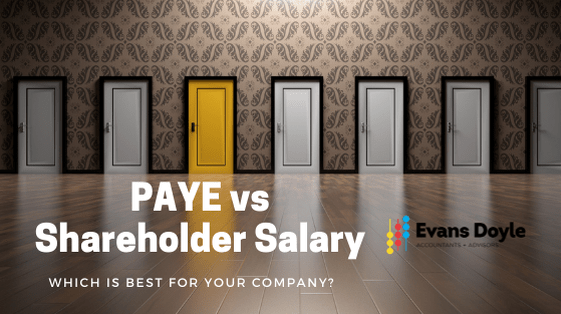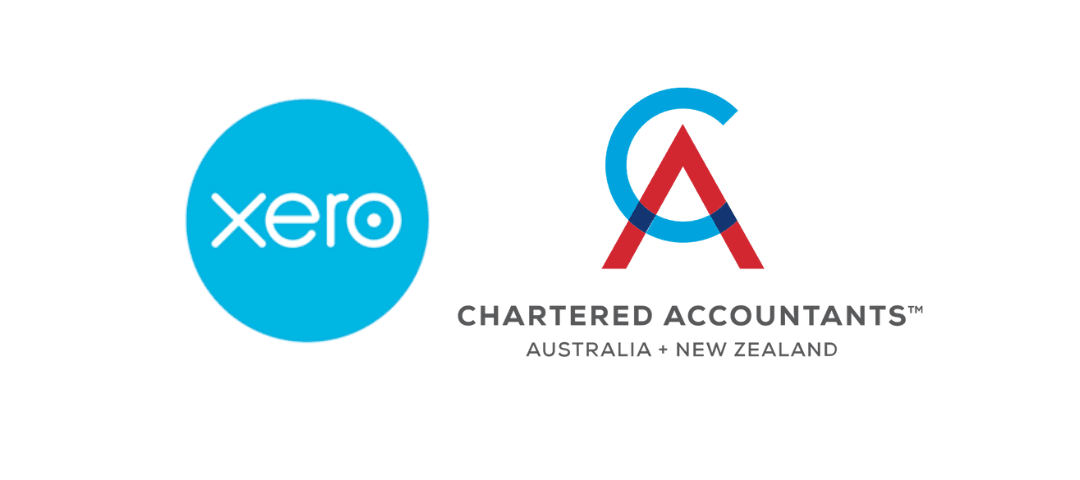We often get asked the question “what is the best way to pay myself as a business owner?”
Remuneration is usually paid in one of two ways: A PAYE wage or a shareholder salary. There is no right or wrong way – both options suit different individuals cashflow and planning.
PAYE Wage
A PAYE wage is a payment made to the owner on a regular basis. The tax (PAYE) on those wages is paid to IRD monthly. By paying PAYE monthly, no provisional tax payments are required (because tax is being paid as wages are earned). A market salary is required to be paid to business owners.
PAYE wages are useful for individuals who prefer to pay their tax as they go, rather than reserve cash for lump sum provisional tax payments during the year. Business owners are taxed like other employees where a net wage (after PAYE) is PAID to the business owner and the business pays the PAYE to the IRD. This method can help individuals manage their personal expenditure – budgeting on their net wage received.
A business owner receiving a PAYE wage can also have kiwisaver and student loan deducted from their regular wage and paid to IRD monthly.
Shareholder Salary
A shareholder salary is a book entry (non-cash), prepared by accountants when completed financial statements. The shareholder salaries are approved by directors. Shareholder salaries only apply to companies, and the receiver must be a shareholder of the company. A shareholder salary is paid (by book entry) at market value and the salary amount is deducted from the business profit at the end of the financial year. Shareholders take cash drawings during the year as payment.
The tax on a shareholder salary is paid three times a year via provisional tax payments (normally 28 August, 15 January, and 7 May for taxpayers with a 31 March balance date). There is then a “washup” of terminal tax on 7 April for any underpayment of tax. Any overpayment of tax is refunded.
If drawings exceed the shareholders salary, the owner has a debt to the company (known as an overdrawn shareholder’s current account).
By paying a business owner a shareholder salary, tax is deferred. This may assist the business’s cash flow and ensure that shareholder is not paid more than the company profit during the year. However, it also requires cashflow management to meet provisional tax obligations (and avoid penalties and interest charged by the IRD for late payment).
Contact Us
Contact Tim Doyle or Jane Evans today to discuss your business continuity planning needs (or any other matter) on 07 823 4980 or email us. Our office is in Cambridge, NZ, but distance is no problem. We have many international and national clients.
This material has been prepared for informational purposes only, and is not intended to provide, and should not be relied on for, tax, legal or accounting advice. You should consult your own tax, legal and accounting advisors before engaging in any transaction.



